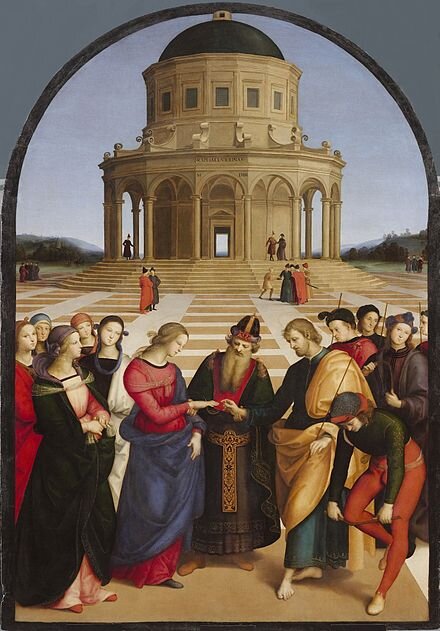Sprezzatura ([sprettsaˈtuːra]) is an Italian word that first appears in Baldassare Castiglione's 1528 The Book of the Courtier, where it is defined by the author as "a certain nonchalance, so as to conceal all art and make whatever one does or says appear to be without effort and almost without any thought about it". It is the ability of the courtier to display "an easy facility in accomplishing difficult actions which hides the conscious effort that went into them". Sprezzatura has also been described "as a form of defensive irony: the ability to disguise what one really desires, feels, thinks, and means or intends behind a mask of apparent reticence and nonchalance".[3]
The word has entered the English language; the Oxford English Dictionary defines it as "studied carelessness",[4] especially as a characteristic quality or style of art or literature.
Castiglione wrote The Book of the Courtier as a portrayal of an idealized courtier—one who could successfully keep the support of his ruler. The ideal courtier was supposed to be skilled in arms and in athletic events but be equally skilled in music and dancing. However, the courtier who had sprezzatura managed to make these difficult tasks look easy – and, more to the point, not appear calculating, a not-to-be-discounted asset in a milieu commonly informed by ambition, intrigue, etc. Concerning sprezzatura, Castiglione said:
Sprezzatura ([sprettsaˈtuːra]) is an Italian word that first appears in Baldassare Castiglione's 1528 The Book of the Courtier , where it is defined by the author as "a certain nonchalance, so as to conceal all art and make whatever one does or says appear to be without effort and almost without any thought about it".
